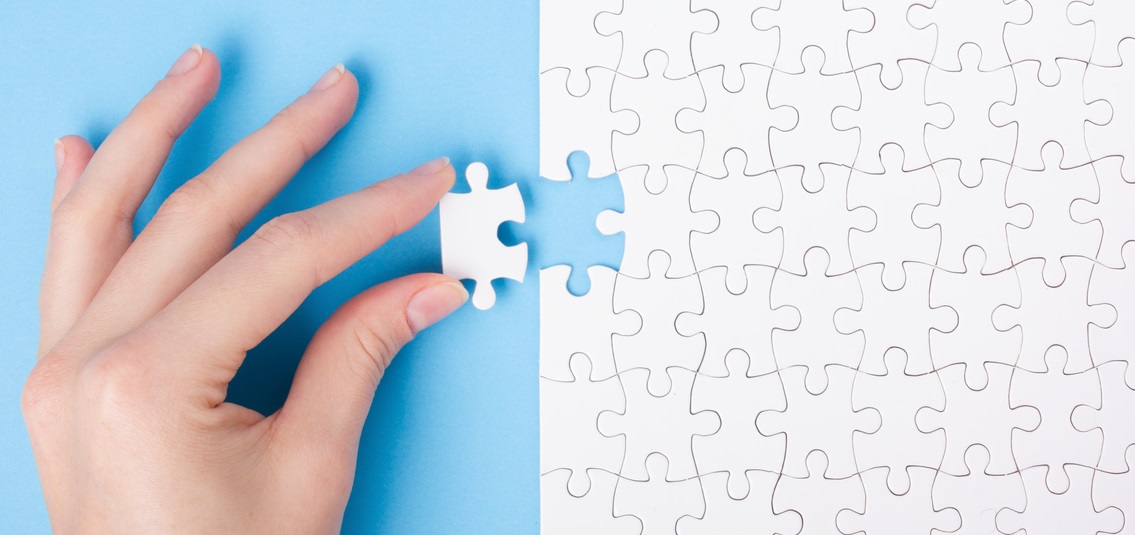Mundy identified a common theme of resilience and adaptability, with which Mulligan agreed: “The resilience we saw was based on loyalty to customers not wanting to lose that connection,” said Mulligan. “A guy with an events business, which was gone overnight, created cocktail kits, and showed you how to make cocktails via Zoom. That idea cross-pollinated to a pizza café that couldn’t open. He made pizza kits, utilising his fresh supply chain, jumping on the trend of people wanting to bake at home.”
Working on well-being
Business resilience is shored up by personal well-being, and Mundy asked the panel how it had fared during the pandemic. “Mental health is a big thing we’ve been pushing forward with,” said Jeanne. “Lockdown’s been tough for a lot of our network, but at the same time it’s grown their independence.”
Baker noted that businesses have been putting well-being at the fore. “It’s encouraging to see a lot of organisations doing well during Covid because they offer the right sort of well-being support.”
Baker said that for entrepreneurs, surrounding yourself with a good support network is crucial: “Whether that be in your home – especially if you have caring responsibilities – or in the office. We can’t be an expert at everything and if we’re tackling something we don’t really understand, this leads to stress.” Having access to a network of people who can answer questions on the areas you are unsure about is therefore essential, says Baker, adding that support is readily available via Local Enterprise Partnerships and Growth Hubs or through experts such as the NatWest entrepreneurship team.
Mulligan suggested that women founders in particular may have suffered during lockdown, finding their professional needs subsumed. “Women tend to take the main caring responsibilities. I’ve been on video calls with top executives, and seen a partner hand over a child into the room. I don’t think that’s particularly productive. Women are constantly compromised like this, and Covid has thrown that into sharp relief.”
Mundy said that, more than ever, it’s important for women founders to focus on themselves. “Deprioritising goals is something to watch out for. In this environment, you need to remember what you’re trying to achieve, particularly if you’re trying to drive through a new business.”
Digital working, meanwhile, has created new opportunities for women founders to access support. “We’ve seen huge increases in the number of females attending digital networking events,” said Baker. “We’re attracting more people that need the information, that need to be inspired, because they don’t have to travel.”
But working from home isn’t always easy. “One of my team said they feel like they’re living at work, not working at home,” reported Baker. “We won’t go back to the patterns we used to have, but we’ve just got to recognise it’s different for everybody. We’re in the same storm, but different boats.”
Invention is the daughter of necessity
Fresh thinking has been born of necessity during the crisis, posited Mundy. “When you’re put in a hard place, you don’t have an option but to make do and get creative,” agreed Jeanne. She believes the key is continual learning. “When it comes to education, nothing is wasted. Having the right mindset for going forward is about investing into yourself and investing into every opportunity that’s presented to you, and being aware of the opportunities as they occur.”
The blending of the virtual and real worlds has been a transformational product of Covid, said Mundy, and asked how that might play out for the SME community. Mulligan predicted the rise of hybrid businesses that span both. “Online or offline is a false division, because even if you think you’re offline, you’re not, because your customers are comparing you to online offerings. But while online has become the norm, the lack of social interaction we’ve experienced has made us realise how valuable it is. We need to ensure that those tangible experiences are still there when we’re ready for them.”
Building communities for the future
Mundy asked the panel what their best advice was for dealing with the unprecedented events of 2020. Baker cited “a close-knit, valued support network” as vital, and the others concurred. “Recognise that it isn’t so much about know-how as about know-who,” added Mulligan. “If you ask, you network, you listen, there’re always people around you who will help.”
Jeanne agreed. “Make friends, not contacts. When you are building a community around yourself, it’s important to have people who are aligned to who you are as a person, because that allows you to be an authentic entrepreneur.”

